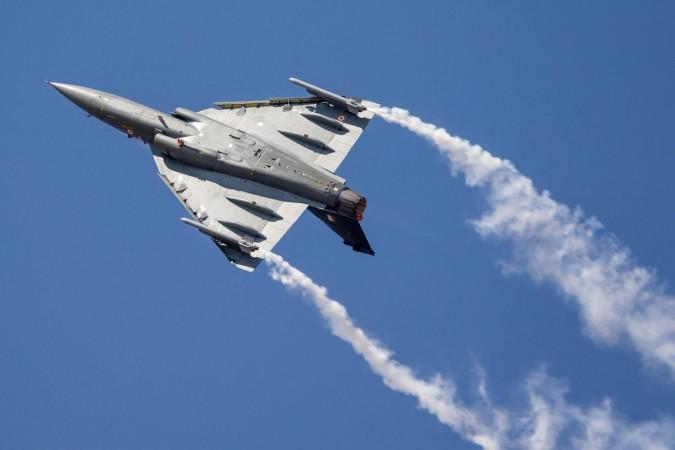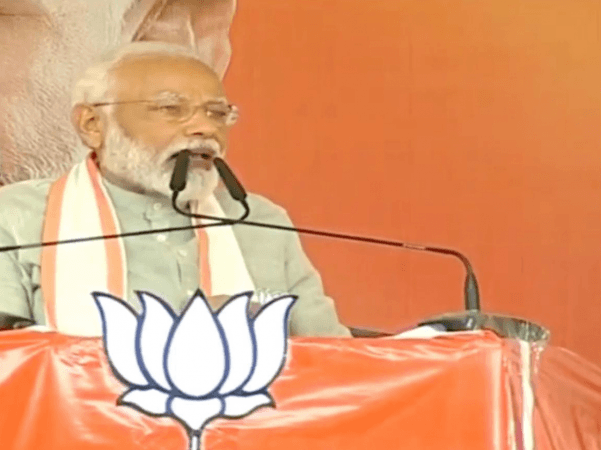
A day after Prime Minister Narendra Modi revealed that he gave his nod to the airstrike in Balakot, Pakistan, despite bad weather in the area, a senior IAF officer has said that the presence of clouds could have affected the impact of Spice 2000 glide bombs that targetted JeM training camps. The IAF has said that bad weather could have really made a difference to the outcome of the airstrikes on February 26.
Earlier, PM Modi had said that the presence of clouds on the day of the airstrikes worked in favour of IAF. He had said that bad weather made the Indian warplanes escape radar detection, something which has invited widespread criticism by defence experts as well as opposition political parties.
"We were in two thoughts that day whether to go ahead with the air strikes or not because the weather wasn't good and there were clouds. Finally, I had this raw idea that maybe if we go ahead, the clouds may hold and we could escape the detection from their radars. I am not a person of science but I gave them an idea and a go-ahead to carry out the strikes," PM Modi had said.

The statement has invited criticism as well as hilarious reactions on social media on how could PM Modi propose such an idea when the weather has no impact on the functioning of the radars. The Trinamool Congress headed by West Bengal Chief Minister Mamata Banerjee has called out to the Election Commission saying that such a statement may have been deliberately issued to influence the voters at a time when the Lok Sabha polls are going on.
The IAF officer told New India Express that the images fed on Israel-made Spice 2000 bombs that were dropped from Mirage 2000 jets could have easily missed the target if they were covered by the clouds as there could have been problems with the bomb sensors. He also said that one of the Mirage 2000 planes could not even drop the payload due to bad weather.
The BJP has defended PM Modi's assertions saying that he has not revealed vital intelligence inputs of the operation and hence it is not in violation of any rule.














